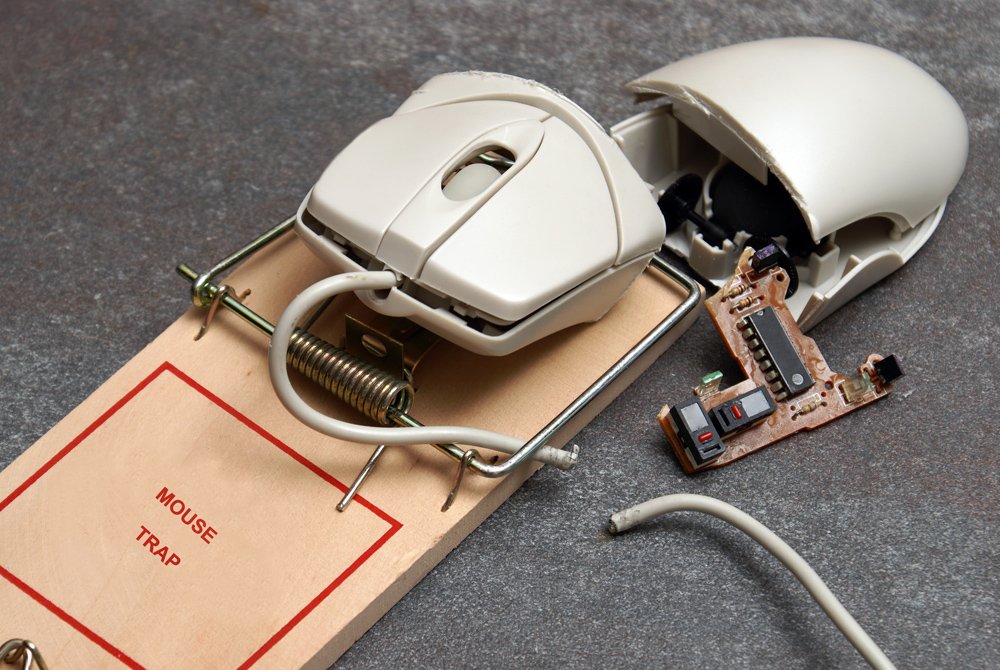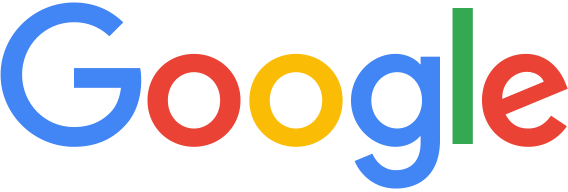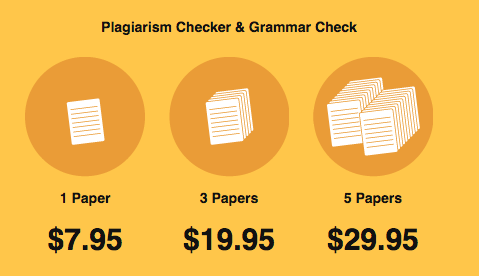Don't Turnitin – Against Plagiarism Detectors
While used by millions, plagiarism detection services are detrimental to the goals of students and teachers alike.
18 October 2017
 (Source)
(Source)Plagiarism Detection
Turnitin is a plagiarism detection service that scans papers in order to determine whether or not they are original work. This particular service is used by more than 30 million students accross 15,000 educational institutions (including mine), and its wide usage is subject to some controversy. But what's so bad about checking student work for plagiarism? Many things, apparently.
Surprise, Turnitin Now Has Rights To Your Work
Let's take a look at Turnitin's terms of service:
If You submit a paper or other content in connection with the Services, You hereby grant to Turnitin, its affiliates, vendors, service providers, and licensors a non-exclusive, royalty-free, perpetual, worldwide, irrevocable license to use such papers, as well as feedback and results, for the limited purposes of a) providing the Services, and b) for improving the quality of the Services generally.
Turnitin keeps copies of the papers students submit to their database, and retains the right to use them. By turning in your homework, you have to some degree turned over the ownership of your labor. Something here seems backwards: you are discouraged from copying others' work while asked to submit your work for others to copy.
Turnitin profits from owning your work, too. Touting a total of 734 million submitted papers in their possesion, Turnitin advertises this database to educational institutions, which they charge about $2 per student to use of their services. As someone with papers in this database, I am not happy that the usage rights of my work have been handed over to a third party by my educational institution, and I am not happy that the possession of student work is spun as a sales pitch.
 Screenshot from Turnitin's website
Screenshot from Turnitin's websitePlagiarism Detection Services Are Just OK
In a 2013 study, papers containing plagiarism were checked using several different plagiarism detection services. 67% of the instances of plagiarism were detected by Turnitin, making it one of the best services in the market. This rate is similar to the one found in a 2007 study which tested a different set of papers on Turnitin. That 2007 study also showed that Turnitin and SafeAssign (another plagiarism detection service) were both dramatically out-shined by a simple Google search, which was 91% effective in discovering plagiarism (in addition to being free).
Another problem with this type of software is the possibility of a false positive: a result where something is flagged as plagiarism even though it is original content. In 2009 researchers found that Turnitin flags common jargon and widely-used phrases as potential plagiarism. Because accusations of plagiarism can be devastating someone's academic career, this might be concerning.
These studies all took place at least five years ago, and we could give Turnitin the benefit of the doubt to assume that they have improved since then. But why should we? Despite its wide usage, Turnitin has done little to empirically demonstrate itself as a valuable product, and the burden of proof should be on the people peddling the product, not the schools buying it.

A free, more effective, alternative to Turnitin
Questionable Educational Value
There is debate among teachers and educators on the value of plagiarism detection services in academic environments. In 2014, the Conference on College Composition and Communication (CCCC, which is part of the National Council of Teachers of English) said that plagiarism detection services undermine "a general environment of academic integrity" by presuming guilt among students. They also argued that these services "can specifically disrupt good teaching of writing" by focusing on policing plagiarism rather than instructing students on how to avoid it. Furthermore, these services have been argued to be all around bad pedagogy for the classroom.
While the CCCC report assumes that most students aren't deliberately plagiarizing, let's say that you are a student at a school that uses Turnitin who is absolutely hellbent on plagiarizing your assignments. Don't worry! The same company also made WriteCheck, a service that checks your work against the same database used by Turnitin. Boasting nearly 1 million registered students, WriteCheck charges $7.95 to scan one paper. Supplying tools for both sneaky students and their teachers, Turnitin plays both teams without really benefiting either.

Screenshot from WriteCheck's website: how much to check your paper?
Don't Turnitin
Why would you? It's a service that takes ownership of your intellectual property, is not particularly effective, might accuse you of plagiarizing incorrectly, costs your school money, and is ethically questionable in the first place. I'm not exactly sure what one can do to protest its use in school, but I'm going to start by emailing my professor today. I encourage you to do the same!
Edit: This post originally quoted a section of Turnitin's terms of service that applied to communications, not submitted papers. This has been updated.
18 october 2017. cross-posted on steemit and my site. filed under education.